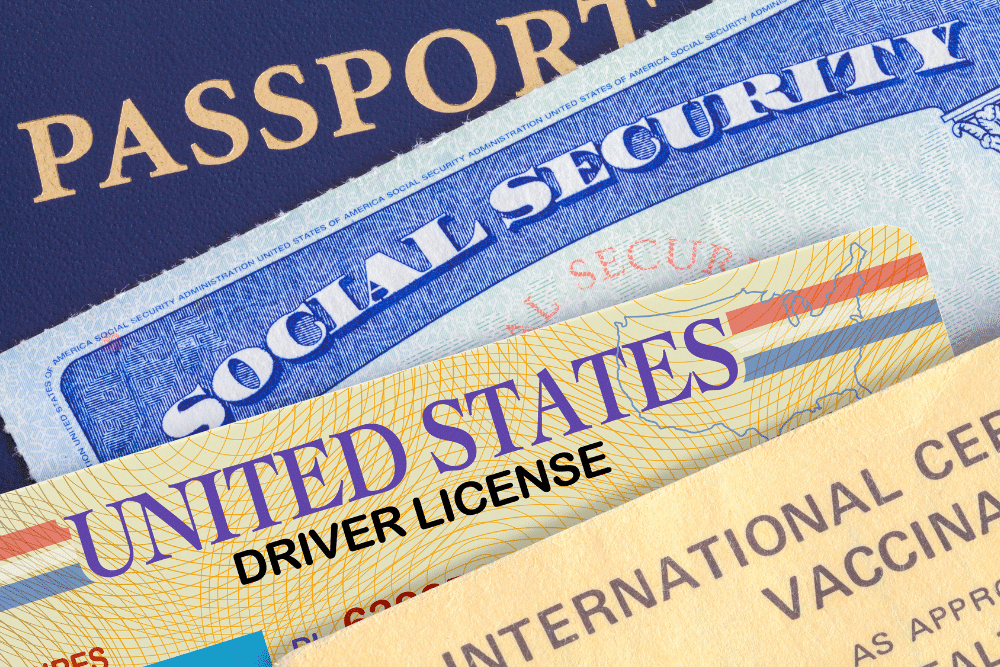What is a Right to Rent Check?
A landlord will do a Right to Rent check before you finalise your tenancy agreement. As both a tenant and landlord it’s important to understand what is needed for this check and how it works. This guide will get you up to speed on everything you need to know.
What is a Right to Rent check?
A Right to Rent check consists of a landlord checking identity documents and a Visa if the tenant has one. They will also make copies of these documents and store them securely until the tenancy is over.
What documents can be used for Right to Rent checks?

What does the Right to Rent check mean for tenants?
If a tenant fails the Right to Rent check, a landlord (or agent) cannot legally offer them a tenancy. If they are told they cannot legally live in the UK, it is vital that they try and get immigration advice as soon as possible.
What happens if a landlord doesn’t have the Right to Rent doc?

This means that a landlord can evict a tenant without a court order. They must give the tenant(s) a four week eviction notice, that clearly states the date that the tenant must have vacated the property by. After this date, a landlord is able to change the locks on the property, as the tenancy has officially ended.
It is important to note that while a landlord does not need a court order to evict a tenant in these circumstances, they cannot use force or threaten you as a way to make you leave.
If some people in the property do not have a right to rent
If the Home Office discovers that some people have the right to rent and others do not, a landlord must give notice and get a court eviction order. Those with the right to rent in the UK can negotiate with the landlord and try to reach an agreement about whether or not they can stay.
Having the right to rent in the UK is important, as otherwise a tenant may find themselves in a sticky situation with no accommodation. It’s vital to ensure that their Visas are up to date and that they have all the necessary ID documentation, especially if a tenant is from overseas.
